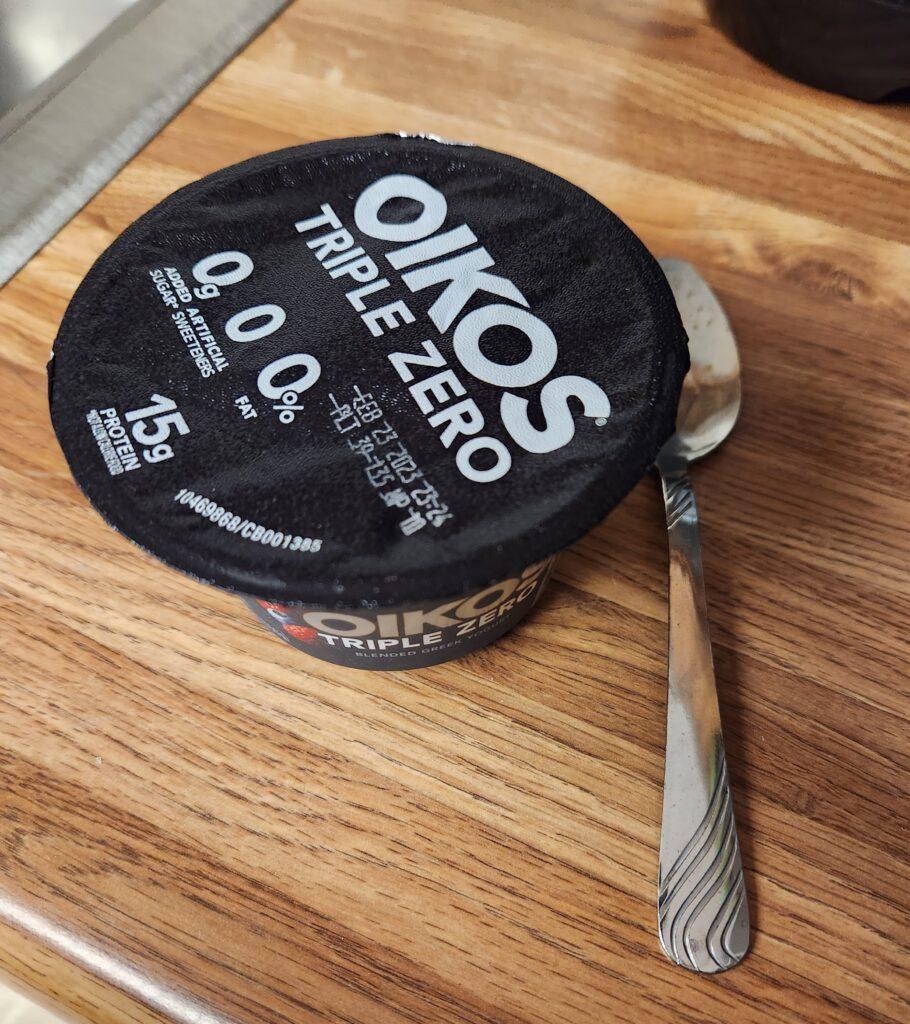It might surprise you to know that all adults over 18 need seven hours or more of solid sleep per night, including those over age 65. While poor sleep quality isn’t directly life-threatening, it can impair the immune system of older adults and lead to increased illness, anxiety and depression. According to Beck, Lenox & Stolzer, there may very well be a food connection with poor sleep. Can I sleep better by changing eating habits? Here’s a recent article from Seasons entitled “Foods that can help older adults sleep better.” that helps us explore that question.
You may also already understand how interruptions to the natural sleep/wake cycle can take a toll on caregivers. However, caregivers can make small changes to a senior’s diet that can help improve everyone’s sleep. Consider adding the following items to the menu the next time you’re planning meals.
Oatmeal and milk. Oats are a source of complex carbohydrates, keeping blood sugar stable and assisting with sleep. Using milk to cook the oats (or soak them overnight) adds dairy, which is rich in vitamins D, C, B6, B12, calcium and magnesium.
Yogurt and walnuts. Greek and regular yogurt contain tryptophan, an amino acid with a reputation for making people drowsy. Your body converts tryptophan into serotonin and melatonin, two hormones that promote a long, restful sleep. If the yogurt is topped with walnuts, you get the added benefit of magnesium, which has been shown to improve insomnia in the elderly.
Tart cherry juice and kiwifruit. In addition to reducing inflammation caused by gout and easing the pain and stiffness of osteoarthritis, tart cherry juice helps the body create melatonin. You should buy unsweetened tart cherries, which are available dried, frozen, or juiced. For something sweeter, use kiwifruit to help with better sleep.
Salmon and oysters. These foods have high concentrations of vitamin D, which leads to better sleep. They’re also full of omega 3, a nutrient that regulates serotonin.
Potatoes and lima beans. These foods produce sleep-inducing amino acids. Potatoes and beans also contain phosphorus, magnesium and vitamin B6 to help you stay asleep.
Here are some foods that can disrupt sleep:
Alcohol. Alcohol disrupts important sleep stages when it wears off, leaving users tired when they wake. It can also worsen apnea symptoms and add to sleepwalking episodes and memory problems.
Tomatoes. Tomatoes and tomato sauce contain tyramine, an amino acid which can trigger brain activity and keep you from falling asleep. They’re also highly acidic, which can exacerbate heartburn.
Spicy foods. These can add to insomnia and cause acid reflux, which can be particularly bad at night.
Deli meats and cured cheese. These have tyramine, which tells the brain to release norepinephrine, stimulating the “flight or fight” response that keeps the body awake.
Chocolate. Restrict your loved one’s chocolate intake to lunchtime if possible and go with dark chocolate. It’s the least processed and contains flavonoids, which act as antioxidants.
If insomnia is a chronic problem, you might track your loved one’s food and sleep habits in a caregiving journal to identify patterns. You may see a correlation between certain foods or medications and episodes of sleeplessness. If you notice the decline in health as a possible result of chronic bad eating habits, do your rest to help your loved one modify his or her diet. If that decline makes it more likely that long-term care may be needed, be sure you look into asset protection. If you need help with that, click here to schedule a complimentary phone call with one of our attorneys.
Reference: Seasons (Dec. 17, 2022) “Foods that can help older adults sleep better”










